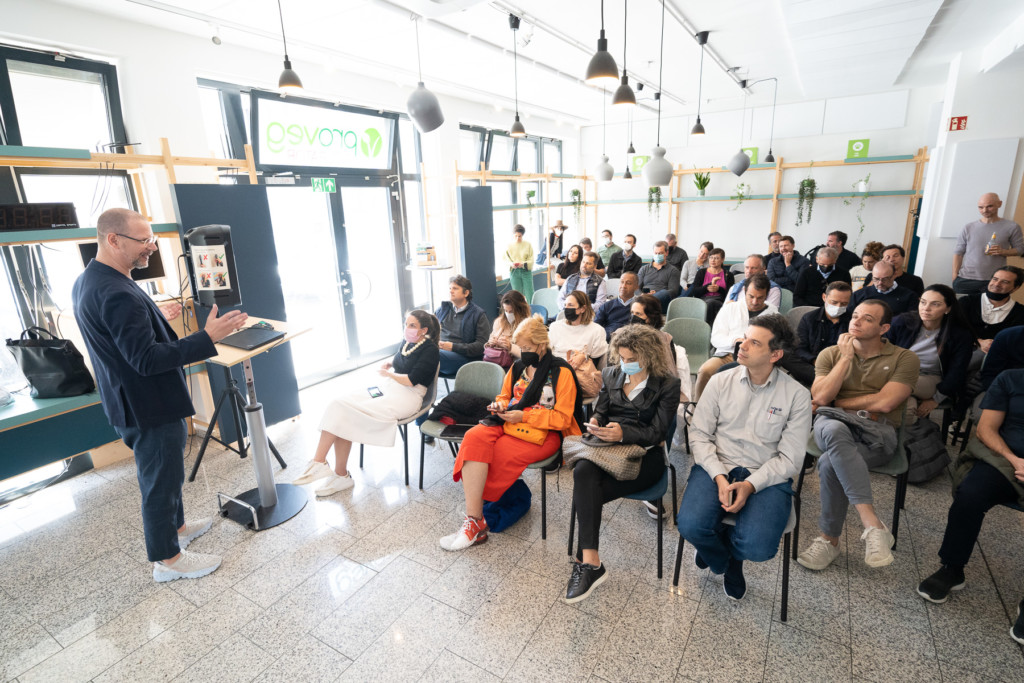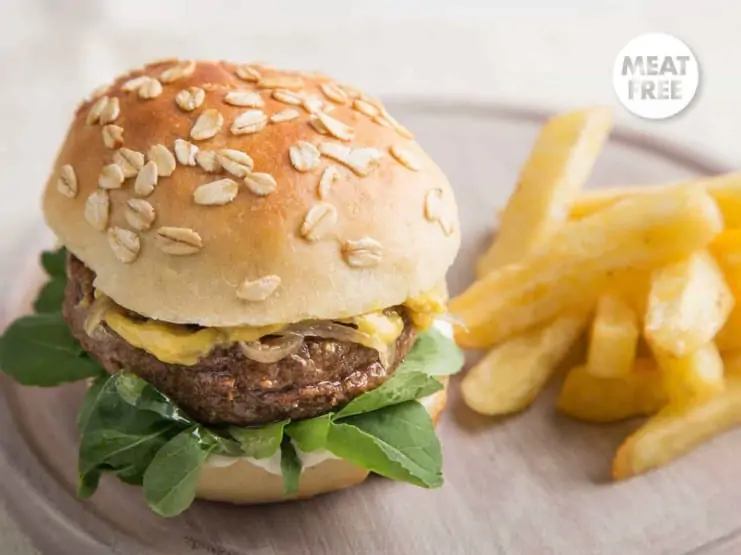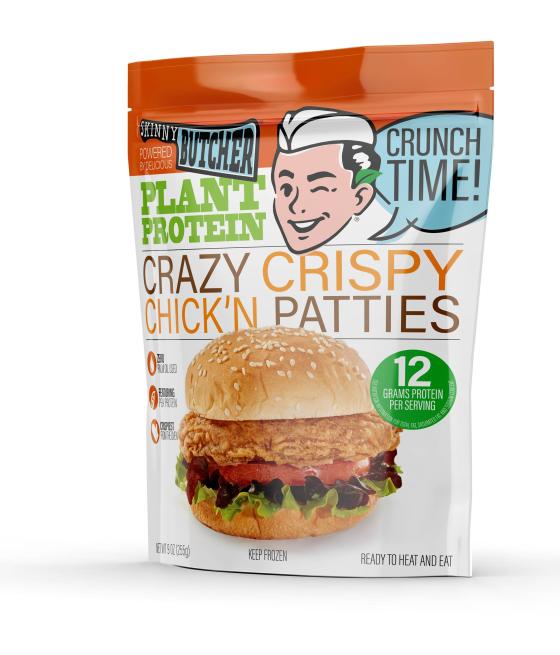Horror has been felt around the world since the announcement of the world’s first commercial octopus farm, based in the Canary Islands, which is set to slaughter around a million of the highly intelligent creatures yearly to create 3,000 tons of octopus meat.
“From Mumbai to Mexico City, protesters have mobilised, adding their voice to the more than 100 academics who contend that farming a carnivorous animal known to be curious, affectionate and exploratory would be unethical and environmentally unsustainable. Others have sought to crack down on the sector before it gets started; lawmakers in the US state of Washington are mulling a ban on octopus farming while an online petition calling for a global ban has received nearly 1m signatures,” reported the Guardian last month on this abomination.

If octopus meat was instead cultivated, these fears and concerns could be allayed, states food awareness organisation ProVeg International. “The news that the first commercial octopus farm would be opening is disconcerting. Many of the challenges we see in our food systems can be overcome by food innovation, and we would therefore like to invite anyone considering developing cultivated octopus to come forward and apply to join our next cohort.
It may sound like a moon shot – which is what the world now needs more than ever as conventional farming is pushing the boundaries further,” said Albrecht Wolfmeyer, Director at the ProVeg Incubator.
ProVeg’s startup Incubator programme is inviting founders, whether those who may be able to cultivate octopus or those offering another solution to the problems in our food system, to apply to its twice-yearly programme. The Incubator is designed to accelerate innovative alternative protein products to the market by providing them with support including investment, mentorship, and a 12-week accelerator programme, with previous alumni startups including companies developing cultivated meat and fat products, processes, platforms, and ingredients.

** Click here to read the full-text **









